Nuclear waste could become a vital source of fuel for fusion reactors
Nuclear waste could be repurposed to provide one of the key materials needed for upcoming fusion reactors.
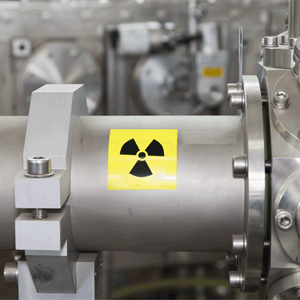
Nuclear waste could be repurposed to provide one of the key materials needed for upcoming fusion reactors.

A laser-free alternative to corrective eye surgery is being developed that could reduce some of the risks associated with procedures such as Lasik.

Blue Origin has proposed a building a new telecommunications hub for Mars that could support Nasa’s future missions to the plane

Scientists have used a brain-computer interface (BCI) that could help people who are unable to speak communicate more easily.

OpenAI has released a new upgrade to ChatGPT that promises to offer users “a significant leap in intelligence” over previous models.

The European Space Agency’s (ESA’s) weather satellite with its payload of six instruments has been sealed inside the Ariane 6 rocket’s fairing ahead of lift-off on 13 August.

The Italian government has greenlit a €13.5bn project to build the longest suspension bridge in the world.

Apple plans to invest $100bn (£75bn) over the next four years in developing US-based chip production facilities as part of a deal announced by the White House.
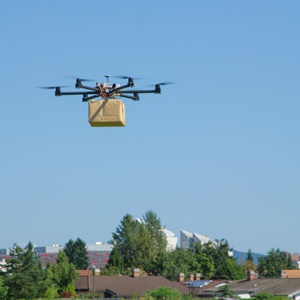
The Trump administration has announced a draft regulation that could see drone deliveries take off.

The UK has faced a significant increase in cyber attacks in recent months, making it the third most targeted country in the world after the US and Cananda.
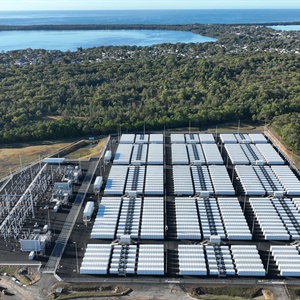
A battery project that can reactively stabilise the grid has come online in New South Wales in Australia.
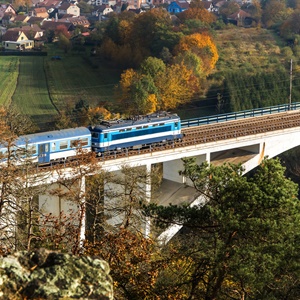
Europe’s first driverless train has begun ferrying passengers between two Czech towns, with lidar and cameras replacing a human operator.

South Korean researchers have developed an ultrasound-based wireless charging technology capable of fully charging an implantable medical device within two hours.
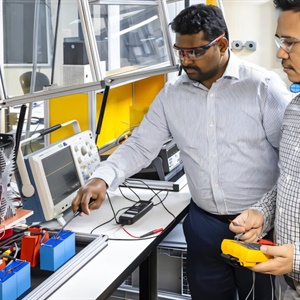
Researchers have developed a new semiconductor-based circuit breaker that could enable broader integration of direct current into the electric grid.
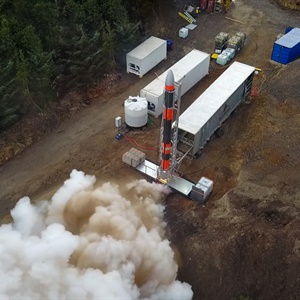
Rocket and space technology company Skyrora has received its UK Civil Aviation Authority licence for suborbital launches from Scotland’s SaxaVord Spaceport.
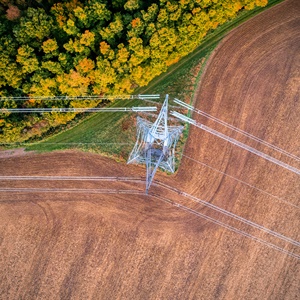
Around 74% of electricity distribution networks in the UK and Ireland are underutilised, new analysis by Neara reveals.
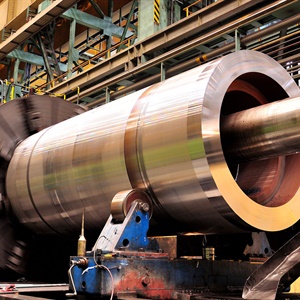
Rolls-Royce SMR has signed a deal with Czech firm Škoda JS, a nuclear component manufacturer owned by power company ČEZ Group, and Curtiss-Wright’s UK-based nuclear business.

A South Korean research team has developed a new material for high-efficiency flexible perovskite solar cells that can be manufactured even in high humidity.

A South African project is making rhino horns traceably radioactive to deter poaching before it starts.
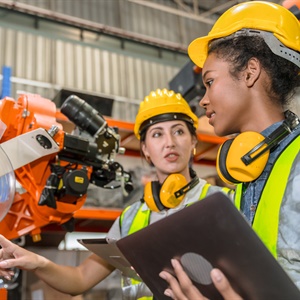
High employment costs outrank energy bills as the reason SMEs feel pressured to raise prices, according to a new report from Enginuity.

Microplastics exposure indoors could be 100 times higher than previously estimated, according to a study.
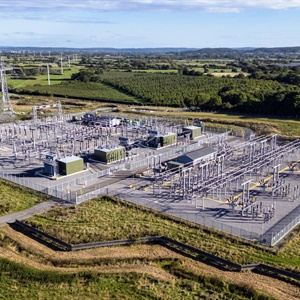
The National Grid will allocate £8bn to regional delivery partners for substation construction across England

Firefly Aerospace has been awarded a $177m NASA contract to deliver five payloads to the Moon’s south pole in 2029.

Researchers have taken a ‘major step’ towards sustainable industrial carbon fibre production using CO₂-absorbing microalgae.
We're about to take you to the IET registration website. Don't worry though, you'll be sent straight back to the community after completing the registration.
Continue to the IET registration site